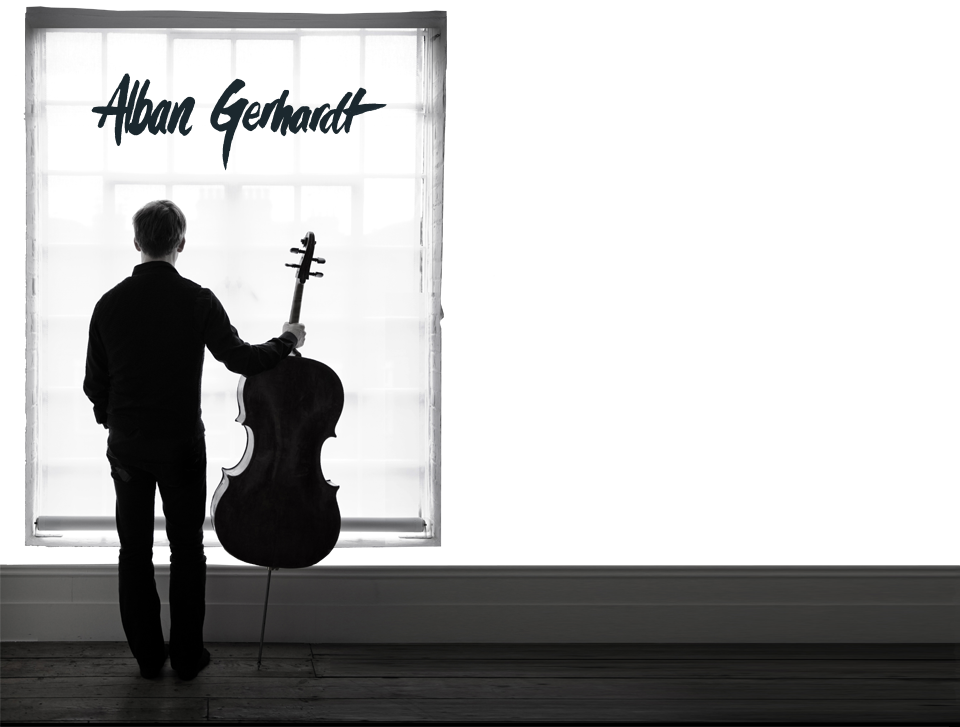Flying to Australia is always a welcome excuse to catch up on films, getting acquainted with the newest TV shows (just watched “Dexter” for the first time), answering e-mails and writing for my so-called “blog”. The first two legs from Berlin to Copenhagen and from Copenhagen to Singapore I brought already behind me, sitting comfortably in my chair on Singapore Airlines flight 213, sipping on a tomato juice, the cello right next to me. Yes, after the accident with my bow I stopped checking my instrument into the cargo, can’t take the risk and the stress anymore – getting wiser with age or just lazier?
On my two stopovers in Copenhagen and Singapore I listened to the first edit of the disc I had recorded in Antwerp last April; two concerti by Henri Vieuxtemps and two concert pieces by Eugene Ysaye. Quite thrilling, I must admit, to listen to music which had never been recorded before (Ysaye) and to hear for the first time how brilliant the orchestration matches the cello. Thrilling on the one hand, frustrating on the other, as I easily get angry with listening to myself. Why didn’t I play bar 86 out more, why didn’t I open up the vibrato at bar 43 in the second movement, and why did I have to play so loud in this intimate passage?! At the same time I am sometimes impressed how well certain passages worked out, remembering the pain I felt during recording them. Most important for me is that a recording doesn’t sound like one but like a live performance, and this disc comes pretty close to that.
Oh, I should maybe explain what “first edit” means, but for that I have to go back to the recording procedure: during a normal recording session I try to play as much “big takes” as possible, which means playing through the piece/concerto/sonata one or two times to get the shape and the direction out more naturally. As the standard of perfection is so high nowadays, we quickly move to fix movement by movement, a process, in which the producer becomes essential. He reminds conductor and me of certain passages which have not been together, in tune or musically satisfying yet which we try to correct during another run of the movement. In case we didn’t cover everything, there is the chance to record smaller “patches” which the producer will use to fix sometimes just a couple of notes in a passage. During breaks (with an orchestra one has to take them at east every 80 minutes) we do listen to as much as possible of the recorded material, but finally we have to learn to trust the producer when he says something is “in he can” or not.
After the session the producer has to try to come up with a “best of” version of the recorded material, often using one of the long takes as basis, correcting missed entrances and wrong notes with whatever he has from other versions. Some musicians like to be part of this process, but I would just go crazy, couldn’t make up my mind which version I like better, compromising between technical and musical perfection (as if there was such thing) wile loosing the view of the overall shape. I rather choose to trust my producer, in this case Andrew Keener, and await what he will send me as a result. Normally it takes about half a year to get this result, called the “first edit”, which I am supposed to listen to carefully and give him a list of comments about what I am not pleased with yet.
Vieuxtemps Celloconcerto is not on the same page as the Dvorak Concerto, but neither are the Paganini Violinconcertos of similar quality as the Brahms Concerto, and still they are being played and recorded. There are beautiful moments and some wonderful fireworks in pieces like Vieuxtemps which justify to take them more serious and perform them once in a while. I am surprised that cellists and audiences don’t get bored by listening so much to the same pieces while there is a large amount of hidden gems waiting to be played and appreciated.
By coincidence the disc with this first edit arrived at my apartment in Berlin the day I finished off my latest recording project, Fitzenhagen and Tchaikovsky for cello and orchestra with the Deutsche Sinfonieorchester Berlin under Stefan Blunier about which I will write in the next blog.






